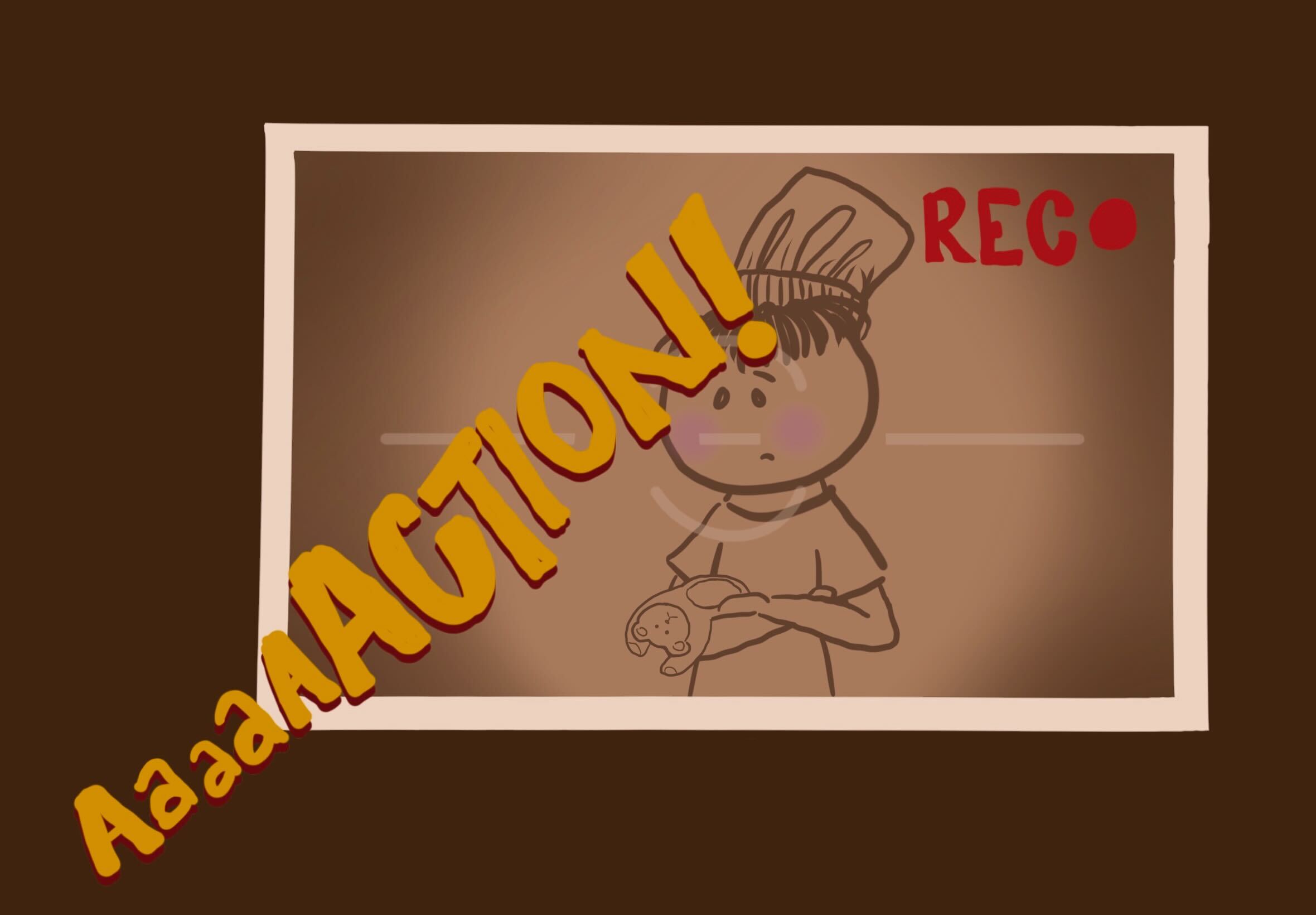The Exploitation of “Kidfluencers”

Family and parent influencers have been long-standing internet phenomena since the genesis of social media websites such as YouTube, Instagram, and TikTok. These accounts, which parents use to document their children and the intimate details of their day to day lives, are incredibly popular – the fifth most subscribed YouTube channel, Kids Diana Show, is one of many incredibly successful and lucrative family channels, with a whopping 88.4 million subscribers. Their most popular video, a thoroughly choreographed, professionally shot, colorful music video sung and danced by multiple small children, has 1.6 billion views.
These accounts and channels, however popular, don’t proliferate the internet without concern about the potential exploitation of the lives of the children they document so extensively. These children, dubbed “kidfluencers,” range in scale and effect from the subjects of hugely invasive family channels wherein their everyday lives are filmed and vlogged; to subjects of clearly staged videos in which they spout obviously rehearsed positive affirmations, likely to a largely adult audience; to subjects of parenting advice videos, where parents relay suggestions for gentle parenting or techniques to calm children down, documenting real life scenarios of their own children as examples.
In one such parenting advice account, with a bio that reads “Montessori and Respectful Parenting,” a mother video records her infant son while she provides “positive discipline” after he was being too loud and disruptive. She talks him through his feelings, hugging and holding him, while he stares unflinchingly directly into the camera, and a cut and a shift in camera angle ensues halfway through. In another such video, with a title caption “Harsh punishment from a child’s perspective,” the same infant child performs an extensive voiceover about a fictionalized event in which he was the recipient of aggressive discipline. The video is complete with the mother and child acting their respective roles, with the mother screaming into the camera and cutting to the child appearing withdrawn and upset. At one point, the child begins to fake cry in the voiceover and says “I hope she still loves me,” over a video of him with his head burrowed into his knees.
In another viral video on a different parenting account, a mother records her child having a full blown tantrum. The comment section, with over 72 thousand comments, is brimming with comments of people expressing their frustration with the child, advocating for corporal punishment or saying that the video reminded them to take their birth control. These kinds of videos create huge ethical dilemmas: can the child consent to videos of them being taken and posted on the internet, particularly when internet footprints are indelible and these moments are largely embarrassing and personal? Do the benefits of teaching about gentle parenting using real life examples outweigh the detriments of thousands of people bullying children in comment sections?
Even on accounts where parenting advice is not shared, and the content centers around the cuteness of the child or their funny moments, ethical dilemmas abound. One account with over 10 million followers shares videos of a little girl sharing clearly rehearsed and scripted positive affirmations into a camera, such as “self love!” or “I know, I know, life is tough! But so are you!” or “you amaze me.” Adoring adults fill the comment sections, and a quick search finds dozens of fan pages for said child, who is two years old. Many of these accounts must be headed by adults—the main audience demographic. Adults obsessing over a child enough to create a page dedicated to photos and videos of that child is incredibly worrisome behavior, and sheds light on possible predators lurking on these accounts.
Furthermore, these types of social media accounts expose a growing issue of the labor exploitation of these children. When a child is clearly being sat down, fed lines, and performing them, why is this kind of content not appropriately considered work? And when a child is working and it is not legally recognized, but still generating thousands of dollars, how are their rights being protected? When does this cross over into the territory of child labor and exploitation?
Another consideration to be made is the psychological impact of having such an extensive internet footprint at such a young age. When the camera enters the house consistently, it is likely used as a tool for praise because it generates views and revenue for the parent, ensuring the longevity of their lucrative social media fame. This conditions the child to attach their worth to how often they can say or do something cute and funny enough to be posted, and subsequently encourages them, consciously or not, to perform for the camera, which seems for many to be an almost permanent fixture in their homes, constantly recording and surveilling in order to find content. And when the child grows older and experiences the changes and awkwardness of puberty, they lose their cuteness, and the public interest, which is a common phenomenon among child stars that can be devastating for their self-image and perception. And further still, when the child becomes an adult, the existence of their internet persona precedes them in a way that cannot be erased completely. In this way, particularly in a largely technology dependent society, an incredibly important decision about their autonomy on the internet is being made for them before they can even comprehend the concept or its consequences.
Ultimately, the use of children as fodder for content on social media sites is an incredibly complex issue that can be a potential breeding ground for extreme exploitation. Without consideration of children as independent individuals deserving of autonomy on and off the internet, this will continue to pervade content creation and consumption.




